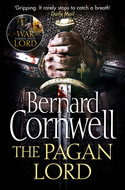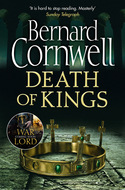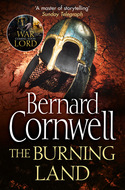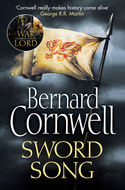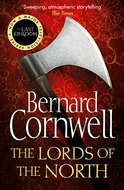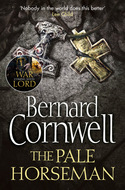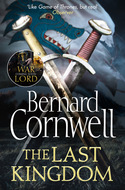Sadece Litres'te okuyun
Kitap dosya olarak indirilemez ancak uygulamamız üzerinden veya online olarak web sitemizden okunabilir.
Kitabı oku: «The Last Kingdom Series Books 1-6», sayfa 18
Bir şeyler ters gitti, lütfen daha sonra tekrar deneyin
₺382,65
Türler ve etiketler
Seriye dahil "The Last Kingdom Series"

